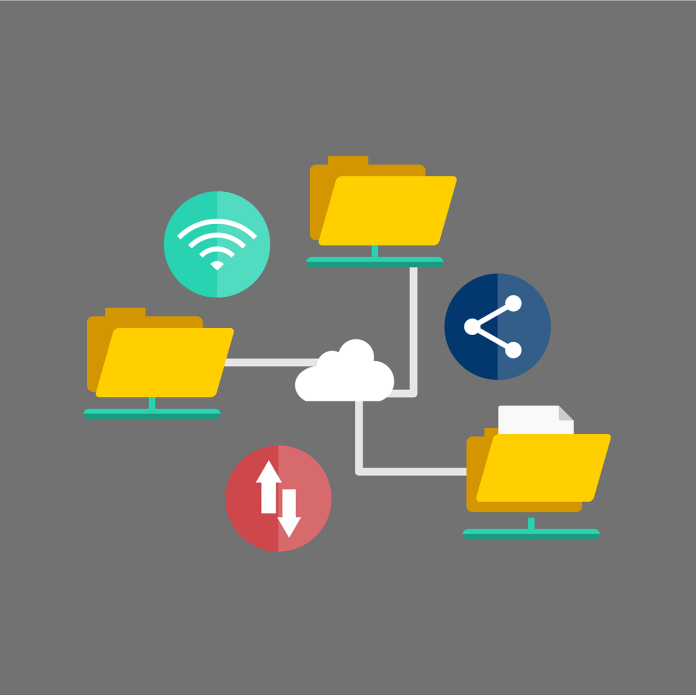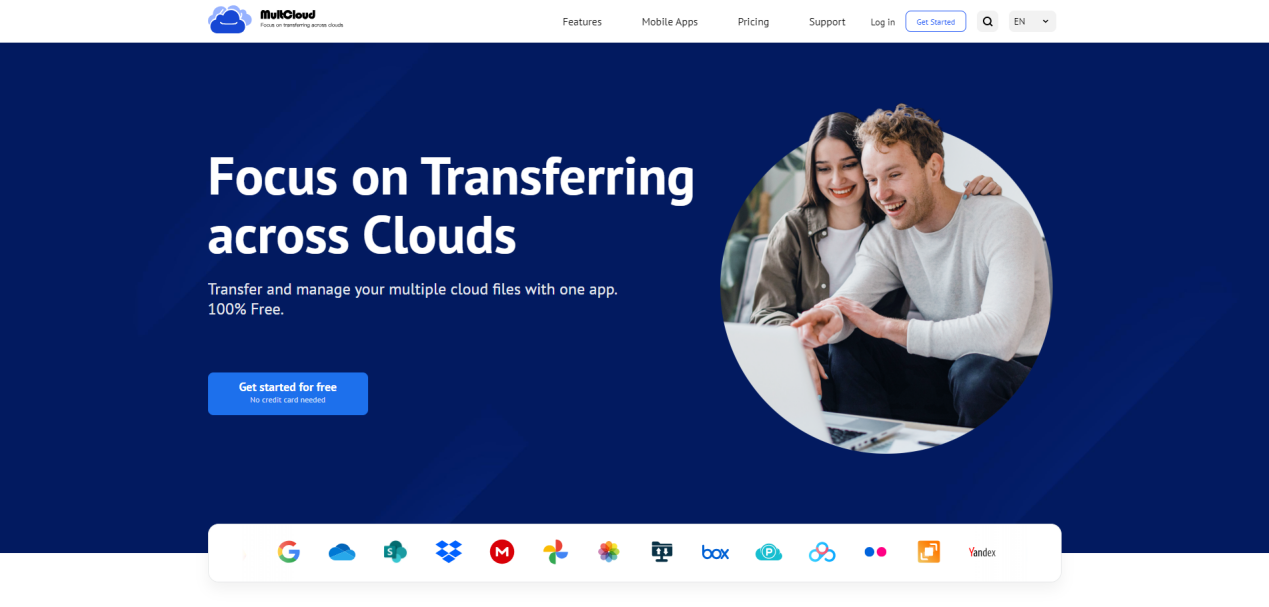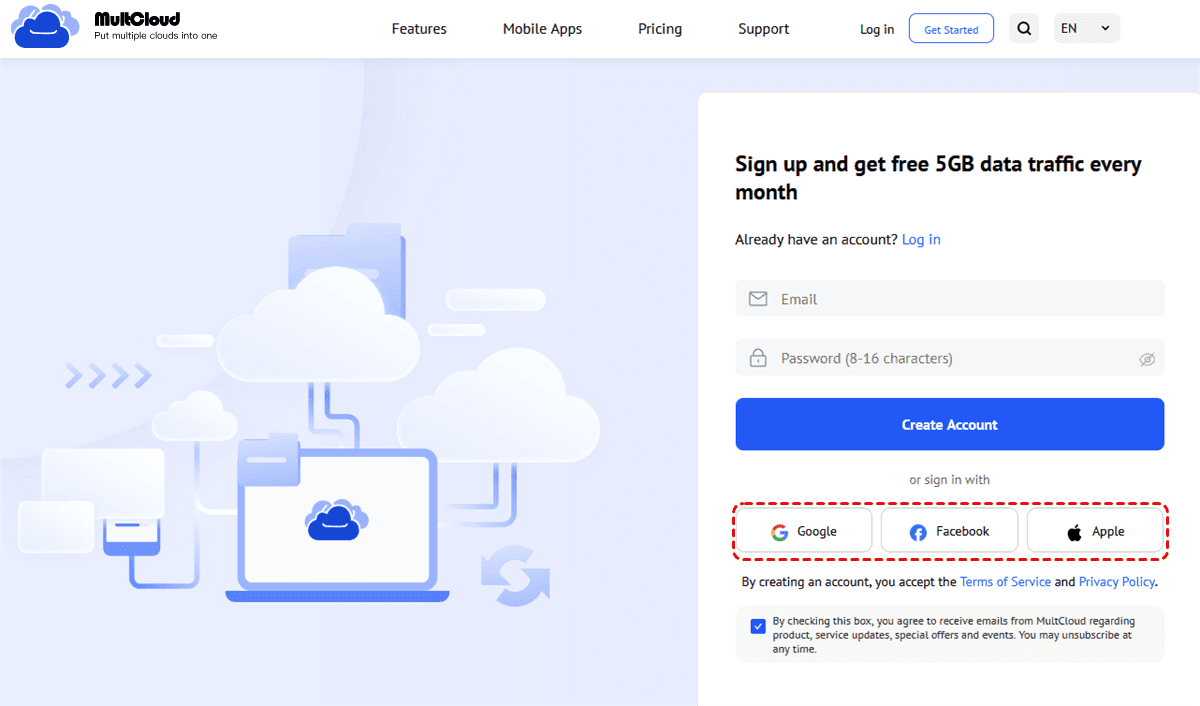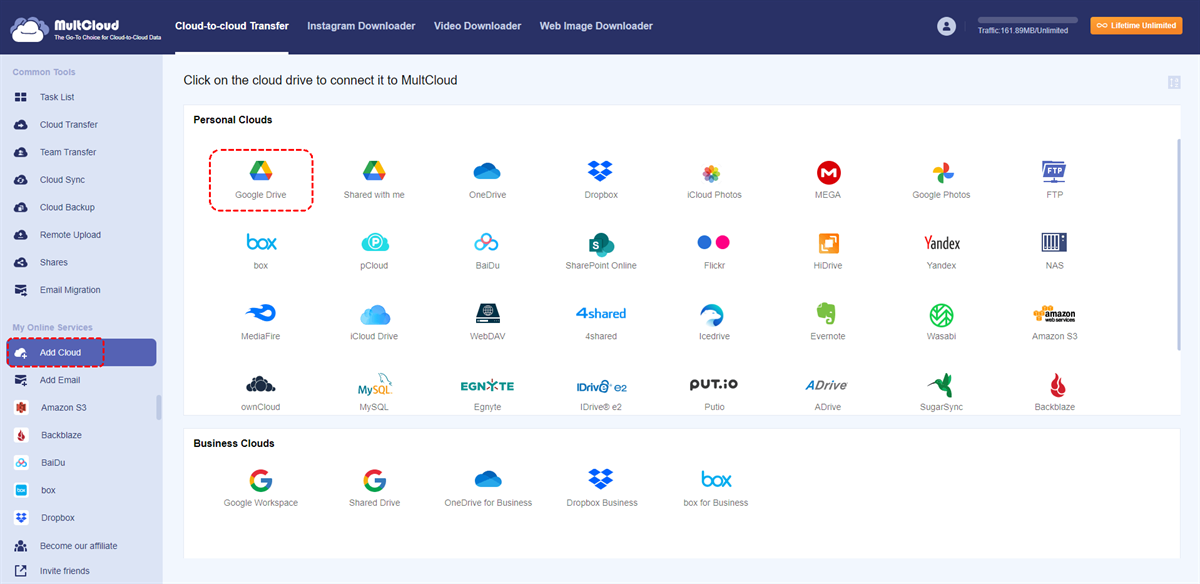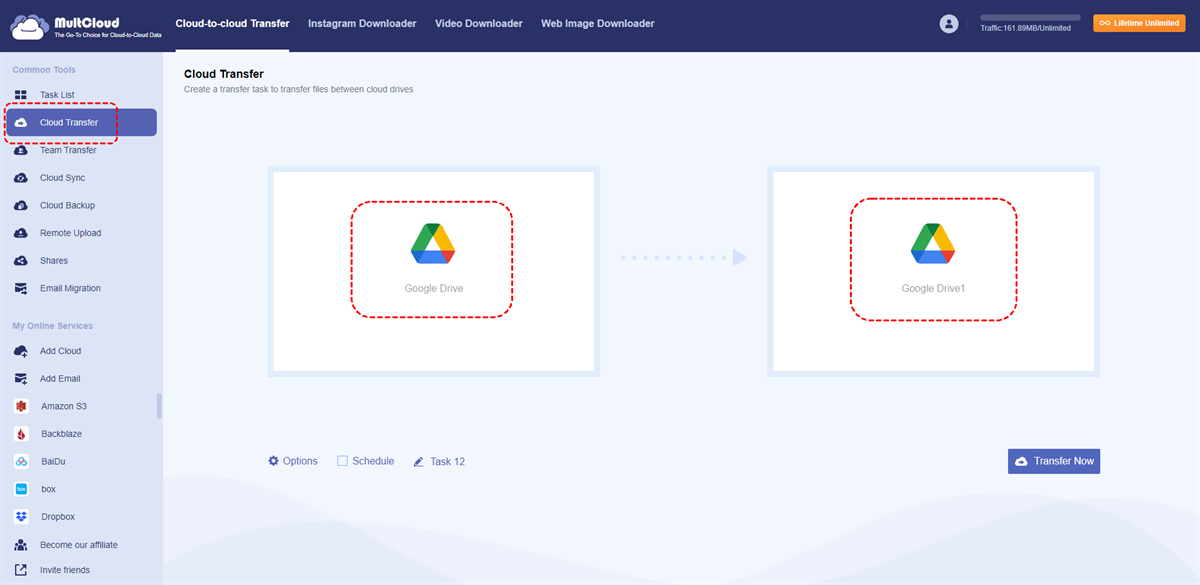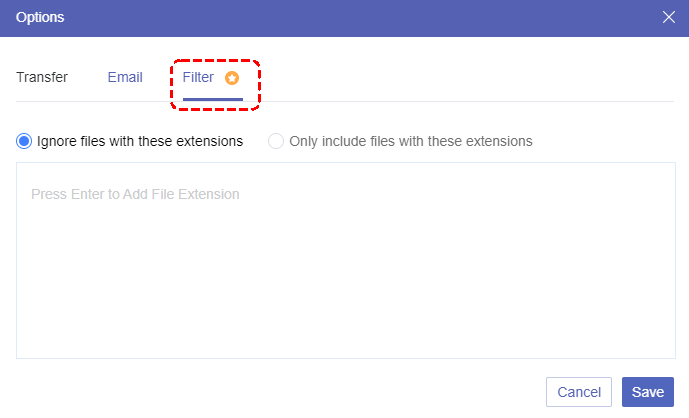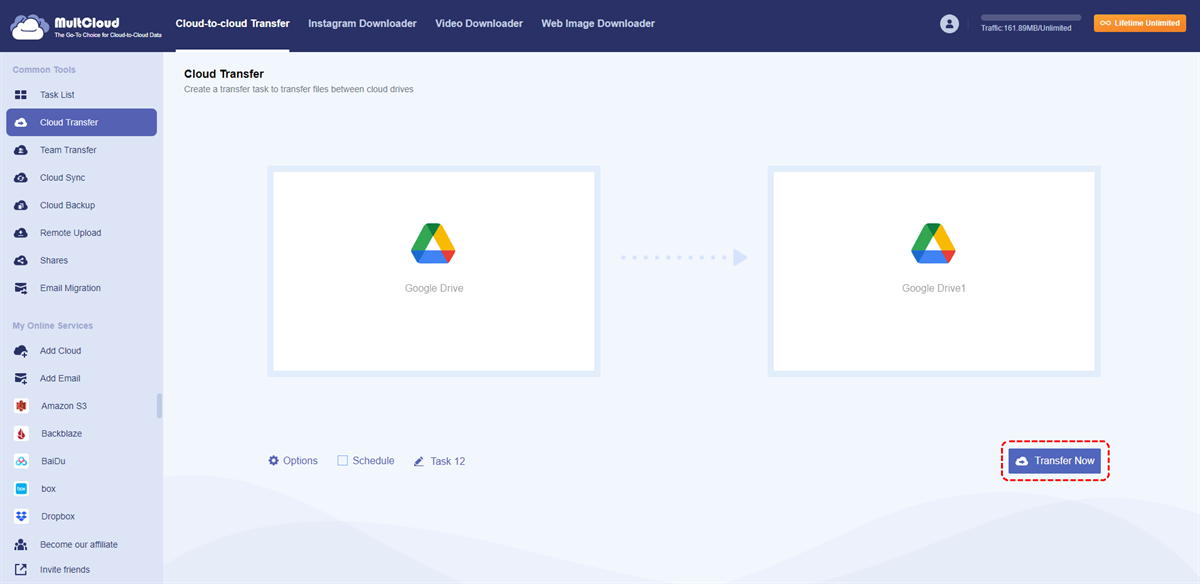Learn how to migrate Google Drive to another account using MultCloud.
Ever wondered how to move all your Google Drive files from one account to another without spending hours manually downloading and uploading? Good news—you’re not alone, and there’s a much easier way.
In this guide, I’ll walk you through the top reasons for migrating Google Drive, common methods, and why MultCloud is your best friend when it comes to cloud-to-cloud transfers.
Let’s dive in!
Table of Contents
Why You Might Need to Migrate Google Drive Data?
Migrating Google Drive data isn’t just something tech pros do—regular folks like you and me have plenty of reasons to make the switch.
- Switching Accounts for Work or School
Maybe you’re graduating, changing jobs, or moving from a personal to a professional account. Whatever the reason, your files need to come with you.
- Running Out of Storage Space
Google only gives you so much free storage. If your account is bloated with old files, transferring some to another account can help clear things up.
- Consolidating Multiple Accounts
Tired of remembering which file is in which Drive? Consolidating all your data into one account can save a ton of time and hassle.
Common Methods for Migrating Google Drive Files
Before we talk about tools, let’s look at what most people try first.
Option 1. Manual Download and Upload
The oldest trick in the book—and the most tedious.
Steps to Manually Transfer Files
- Log in to your old Google Drive.
- Select the files/folders you want to move.
- Click “Download”.
- Log in to your new Google Drive.
- Upload those files.
Time-consuming? Absolutely. Efficient? Not really.
Option 2. Sharing and Making a Copy
You can share your files with your new account and make copies there. It’s quicker than downloading but not perfect.
Limitations of the Sharing Method
- File ownership doesn’t transfer.
- Shared files can be confusing to manage.
- You might need to reconfigure sharing settings later.
So, what’s the better way?
Why MultCloud is the Best Tool for the Job?
Forget the manual methods. If you want a smooth, hassle-free transfer, MultCloud is the tool you’ve been looking for.
What is MultCloud?
MultCloud is a web-based app that lets you transfer, sync, or manage files across multiple cloud services like Google Drive, Dropbox, OneDrive, and more—all in one dashboard.
Key Features of MultCloud
- Cloud-to-Cloud Transfer without download/upload
- Scheduled Transfers for automation
- File Filtering to skip unwanted data
- Cloud-to-Cloud Sync in real time
- No App Installation required
MultCloud vs Traditional Methods
| Feature | MultCloud | Manual Transfer |
| Time Efficiency | ✅ Fast | ❌ Slow |
| Quick Transfer | ✅ Yes | ❌ No |
| File Filtering | ✅ Yes | ❌ No |
| Scheduled Tasks | ✅ Yes | ❌ No |
| Security | ✅ Encrypted | ⚠️ Device-dependent |
Step-by-Step Guide: Migrate Google Drive to Another Account Using MultCloud
Here’s how to make your Google Drive migration smooth like butter:
Step 1: Sign Up for a Free MultCloud Account
Go to MultCloud.com and sign up for a free account using your email or Google/Facebook login.
Step 2: Add Your Google Drive Accounts
- Once you’re logged in, click “Add Cloud”
- Select Google Drive
- Authorize access for both the source and destination accounts
Step 3: Use “Cloud Transfer” Feature
- Go to the “Cloud Transfer” tab
- Choose your source (old Google Drive)
- Choose your destination (new Google Drive)
Step 4: Set Up Filters and Options (Optional)
Want to skip certain files or set up auto-deletion after transfer?
- Click “Options”
- Use filters like file type, size, date, etc.
Step 5: Start and Monitor the Transfer
Click “Transfer Now” and boom—you’re done!
You can monitor the progress in real time and even close the browser. MultCloud works in the background.
Extra Tips to Ensure a Smooth Migration
These little tricks can save you time and headaches:
Check Storage Quotas Before Starting
Make sure your destination account has enough space. You don’t want the transfer to fail halfway through.
Use Filters to Save Time
Only want to transfer documents and skip videos? Use the filter option to keep things clean.
Schedule Transfers for Off-Peak Hours
Set transfers during the night or weekends to avoid network slowdowns or interruptions.
Security and Privacy with MultCloud
You might be wondering—”Is this safe?”
How MultCloud Protects Your Data
- Uses OAuth Authorization (no passwords saved)
- Transfers via 256-bit AES encryption
- Complies with GDPR and Privacy Shield Framework
So yes—it’s pretty secure.
Final Thoughts
Migrating Google Drive data can feel like moving houses—but with MultCloud, it’s more like hiring a team of pros to do the heavy lifting.
No more wasting hours downloading files or battling shared folder issues. Just connect, click, and transfer.
Whether you’re switching accounts, consolidating storage, or just want more control over your cloud data, MultCloud is hands-down the easiest and safest tool to get the job done.
INTERESTING POSTS
About the Author:
Christian Schmitz is a professional journalist and editor at SecureBlitz.com. He has a keen eye for the ever-changing cybersecurity industry and is passionate about spreading awareness of the industry's latest trends. Before joining SecureBlitz, Christian worked as a journalist for a local community newspaper in Nuremberg. Through his years of experience, Christian has developed a sharp eye for detail, an acute understanding of the cybersecurity industry, and an unwavering commitment to delivering accurate and up-to-date information.


